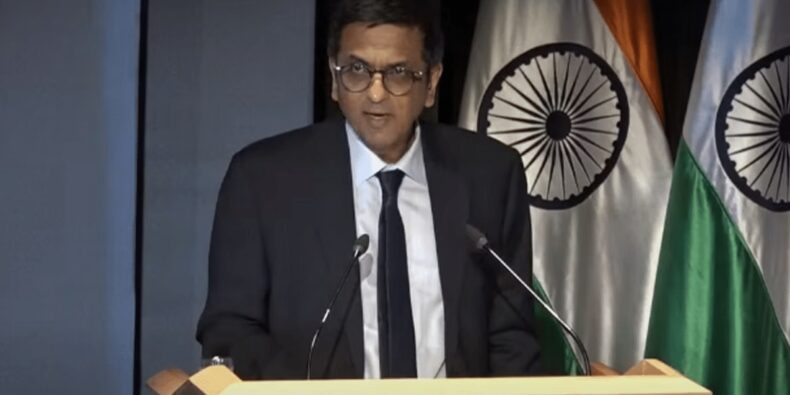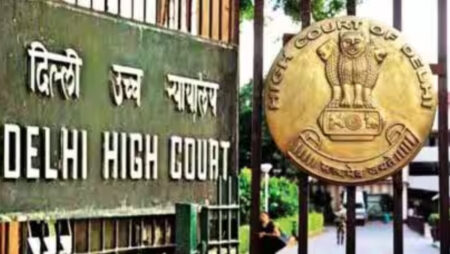Table of Contents
CJI DY Chandrachud said that arbitration space must provide equal opportunity to all gender if it has to move beyond the tag of being an old boys’ club.
Delhi Arbitration weekend
The chief justice of India DY Chandrachud delivered the keynote address at the inaugural session of the Delhi Arbitration weekend organized by the Delhi International Arbitration Centre ( DIAC ). CJI pointed out in his speech that courts can and do indeed serve as effective supporters of the arbitration universe. CJI said during the address that the state is the largest litigant and when a state enters arbitration, the state must abide by the letter of law as by the spirit of arbitration.
Judiciary and arbitration
CJI DY Chandrachud, during his keynote address at the inaugural session of Delhi Arbitration, illustrated the relationship between the functioning of the judiciary and the effectiveness of arbitration space in India.
CJI said that the legislature and the judiciary are in resonance when it comes to the application of arbitration law to ensure that in an era of climate change, the arbitration ecosystem remains green to its soul.CJI pointed out during his speech that the Indian judicial system is at an important inflection point for arbitration space in India.
CJI said that there were indeed certain cases that had haunted the Indian Jurisdiction and, because of that, Indian Jurisdiction was being considered as an anti-arbitration jurisdiction.

CJI invoked the spirit of optimism for arbitration space in India and said that the Indian judicial framework and arbitration ecosystem have moved progressively towards being considered as an arbitration-friendly jurisdiction but there is always scope for improvement.
During his inaugural address, CJI advocated for an inclusive and representative arbitration ecosystem in India and suggested that the arbitration space in India must provide equal opportunity to all gender to move from the label of gender-specific space.
It must be pointed out that India’s judiciary has a poor representation of women at the higher judicial appointments and the CJI cautioned the blooming arbitration space from following the same representation pattern. CJI said that the gender-diverse arbitral pool would bring experiential learning to the arbitration ecosystem.
Arbitration and India
Arbitration is the dispute resolution process in which parties involved in a dispute get their dispute resolved by an independent third party who is a neutral person. Arbitrators hear both parties with an impartial stance before solving their disputes. An independent Arbitration council of India with a mandate to promote arbitration, conciliation, and other alternative dispute redressal mechanisms was established by the Arbitration and conciliation (Amendment) Act, of 2019.

Way Forward
CJI while sharing his suggestions on how to improve the arbitration regime in India, the CJI said that parties must appoint lawyers as arbitrators more frequently. CJI further suggested that to ensure that arbitration doesn’t remain the choice of dispute resolution only for parties with large commercial ventures for this all stakeholders must work together.
CJI advised the incorporation of an arbitration clause in the contract when individuals and small businesses conduct their business, but for this, CJI said that it would require the arbitration space and processes to be more cost-effective.
The Chief Justice of India suggested that the arbitration process must incorporate technology and virtual hearings in the arbitral process. CJI encouraged the DIAC to draft a protocol on virtual arbitration proceedings that are tailored to the Indian context in mind.
Conclusion
During the inaugural address of Delhi Arbitration weekend, Delhi High court chief Justice Satish Chandra Sharma pointed out that dispute resolution manifested in modern-day arbitration processes has roots in ancient times when village councils used to resolve disputes and this is not the discovery of modern times per se.













